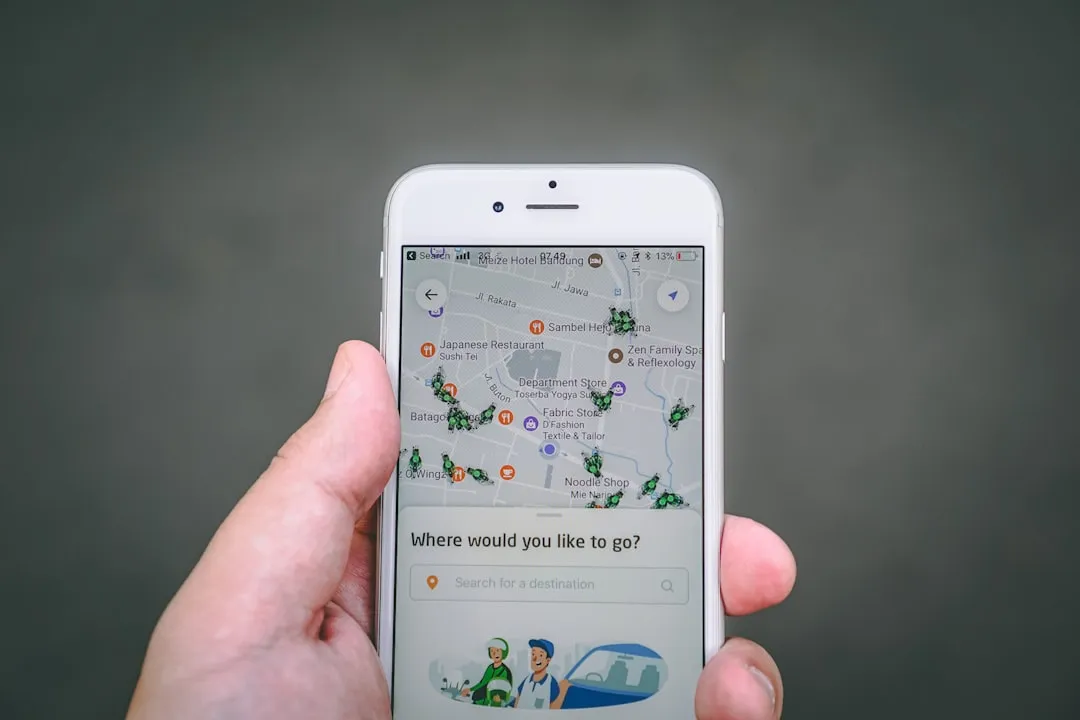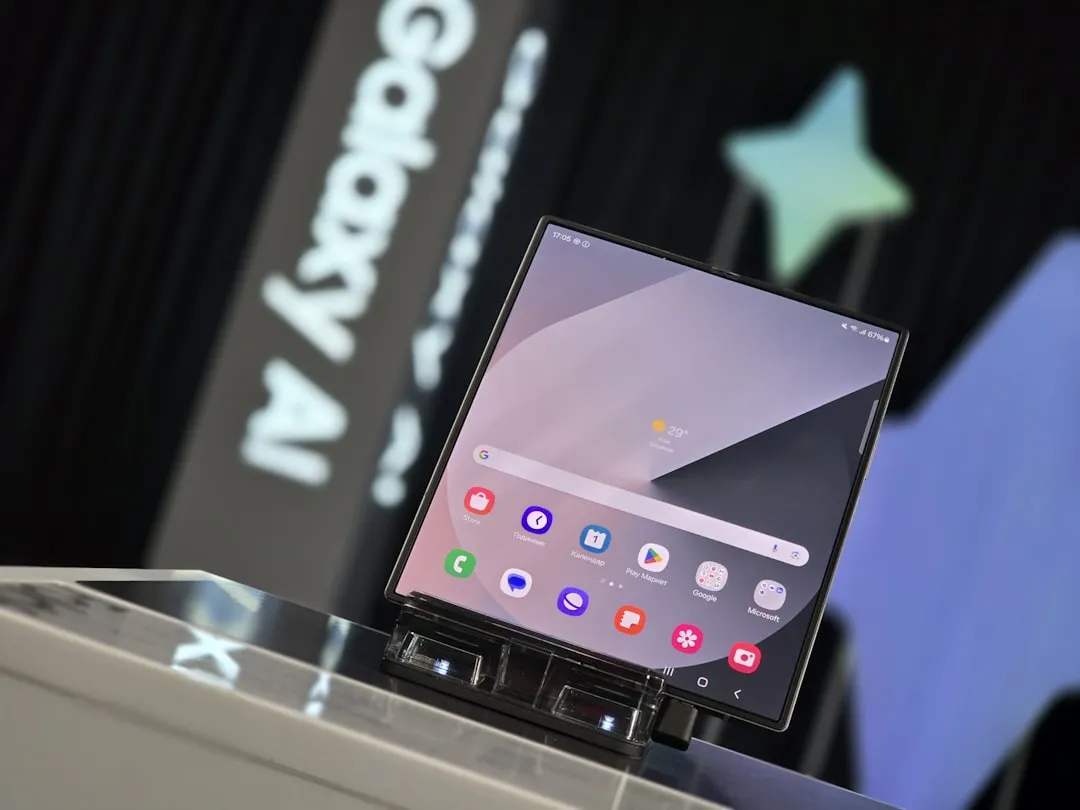Google's latest research might surprise iPhone loyalists: Android devices are now outperforming Apple's smartphones in the battle against mobile scams. The search giant recently shared numbers showing its AI-powered security systems prevent billions of malicious calls and messages each month, according to GB Hackers. It signals a real shift in the mobile security landscape, with Android's multi-layered defense strategy proving more effective than Apple's traditional walled garden approach.
This is not just about spam blocking. The data points to a broader change in how we think about mobile protection. Apple has long led security conversations with its closed ecosystem approach, but Android's proactive, machine-learning based defenses are delivering better results against the threats people run into every day.
What this means for your next phone choice
Bottom line, these findings challenge old assumptions about mobile security and show how AI defenses are reshaping smartphone protection. The familiar idea that Apple's closed ecosystem is always safer deserves a second look given the real-world results here.
Apple's walled garden still offers strong protection against malware and malicious apps. Google's data shows that most users face bigger daily risks from scams and fraudulent communications than from sophisticated software attacks. The threats that actually reach people, fake job offers, romance scams, investment pitches, need different defenses than classic antivirus tools.
Google's approach suggests that effective mobile security means proactive, intelligent systems that adapt to emerging threats instead of reacting only to known problems, according to Web Pro News. As mobile scams get trickier, having robust AI protections baked into the core experience becomes more valuable, research from Android Headlines suggests. If these trends hold, I would not be shocked to see Apple lean harder into AI-first filtering.
For anyone prioritizing protection against the most common threats they will actually encounter, the results point to Android's integrated security as a tangible advantage over traditional models, data from GB Hackers indicates. The takeaway is not to crown one platform the universal winner. It is to pick the security philosophy that fits your real threat landscape and your everyday habits, where the proof is in the inbox.
























Comments
Be the first, drop a comment!